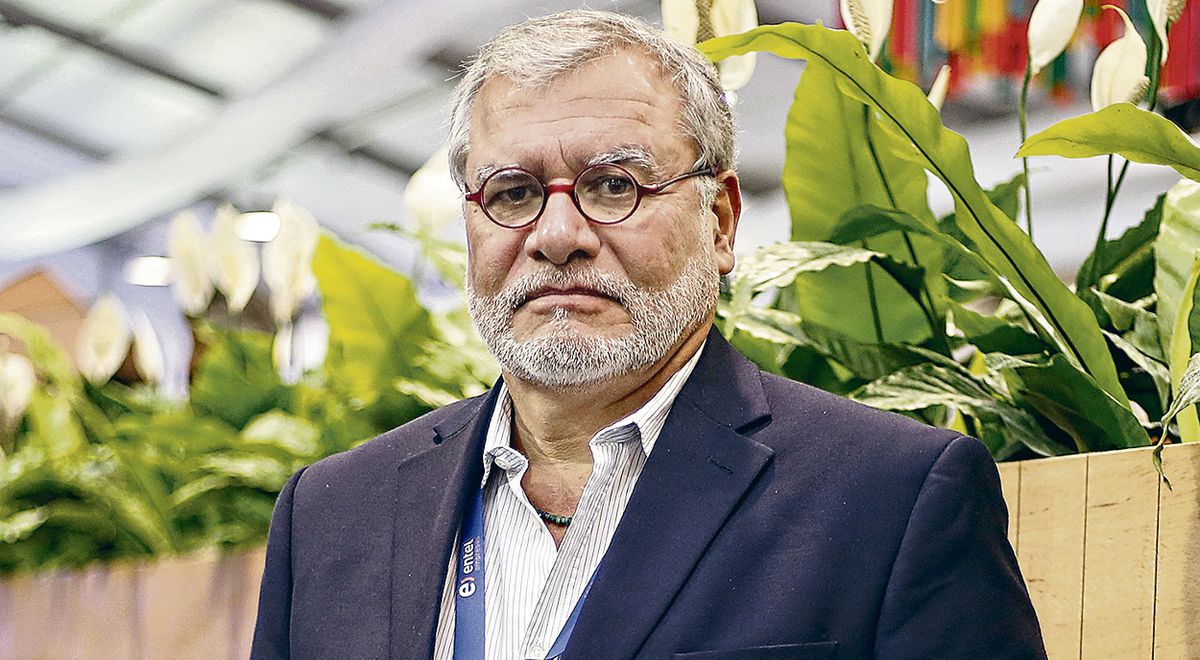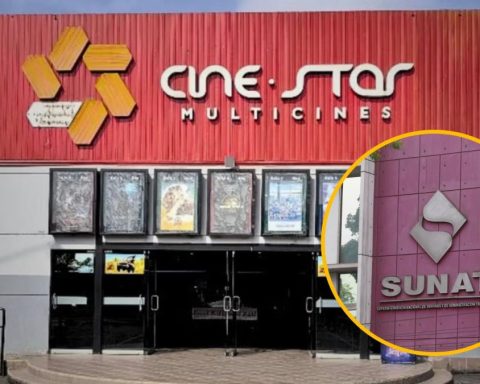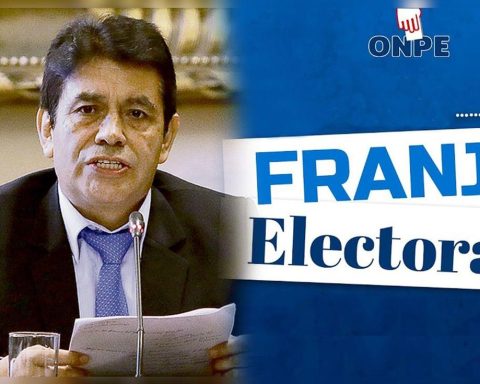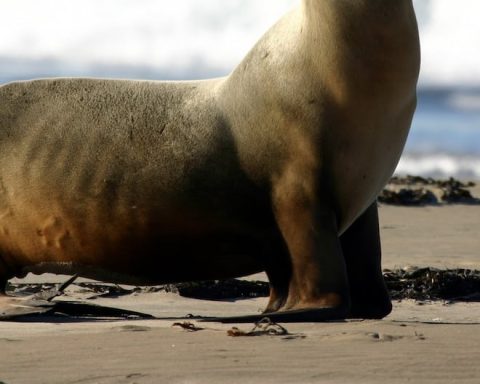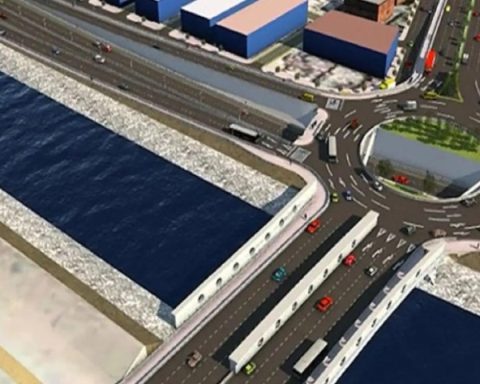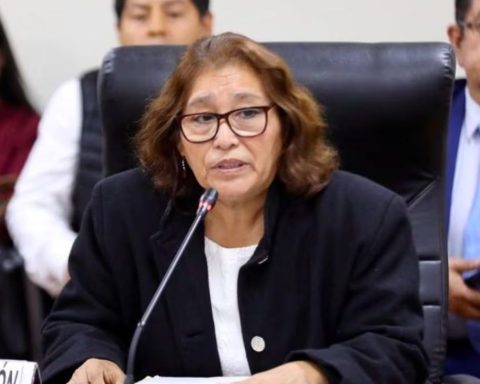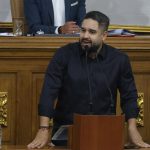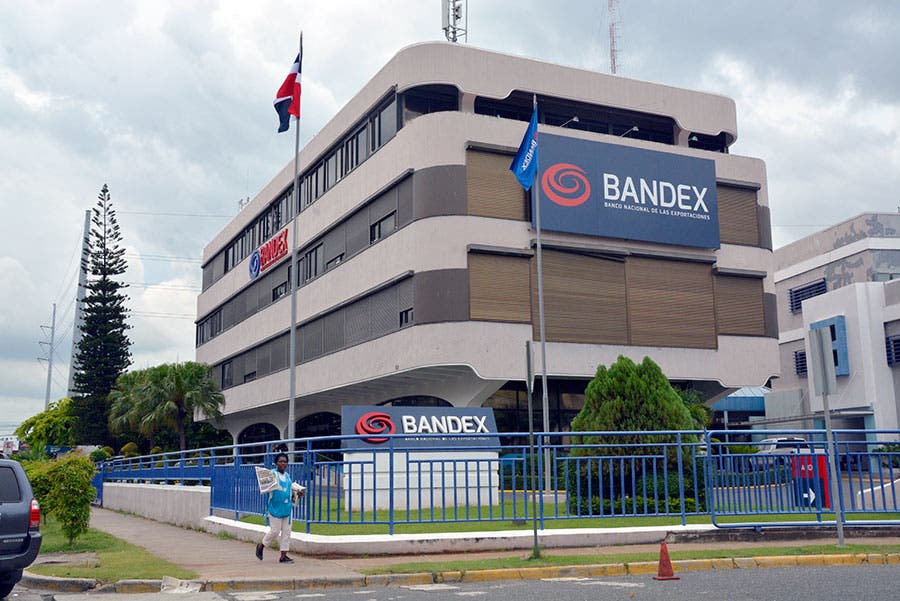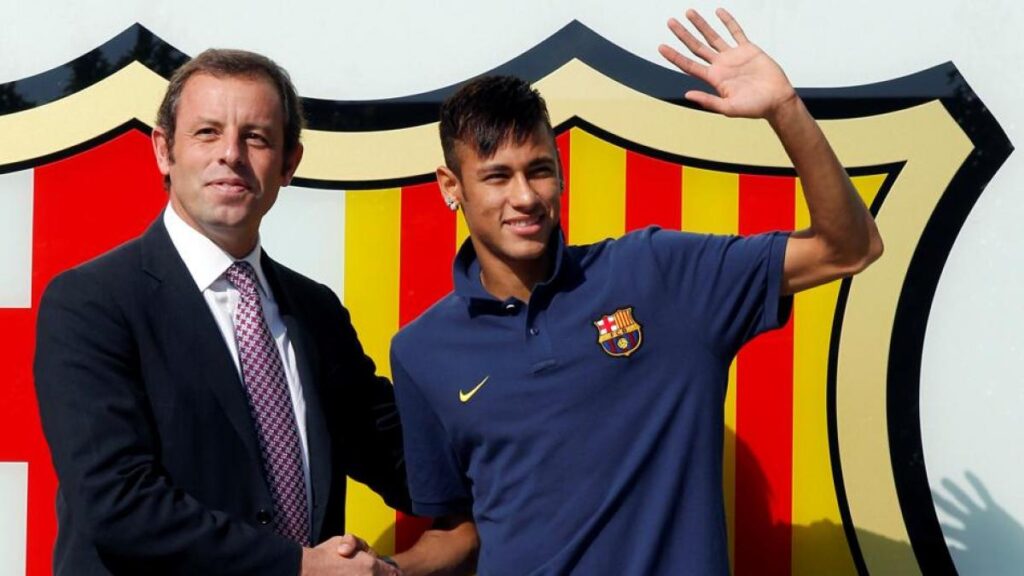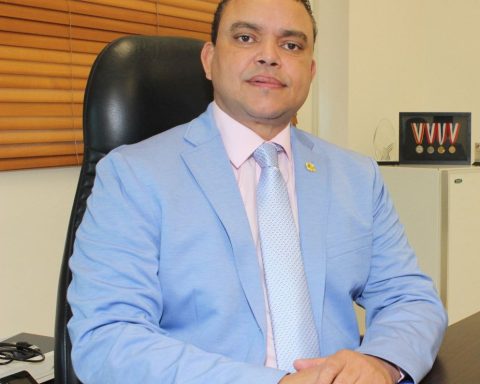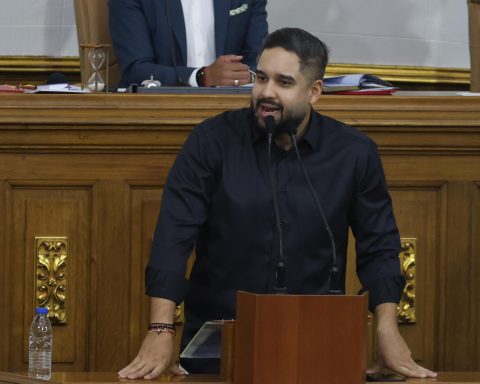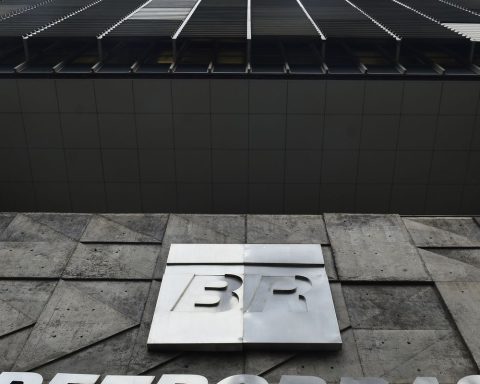—What is coming for the president after Pacheco’s decision to surrender and want to take advantage of effective collaboration, and start by stating that he was hidden by decision of Castillo himself
—This would confirm that Castillo has had knowledge of the illegal acts that Pacheco has committed, and that is why he sought to hide him from justice. In principle, it implies the commission of a crime to the extent that he wanted to remove him from justice, but more importantly, it would confirm that there has been joint participation in criminal acts and that the president fears that, in the context of a criminal investigation, Pacheco can compromise him with evidence that leaves no room for doubt that Castillo was not only aware of what he did, but also that he had a role in relevant terms for the Penal Code, whether as mastermind or instigator; in short, that would have to be defined in the context of the investigation.
—Castillo’s lawyer says that the information he can give is of dubious origin and would have to be corroborated…
—In the theory of effective collaboration it is pointed out that the aspiring effective collaborator is necessarily someone who has committed one or more crimes. Therefore, whoever approaches justice and says that he wants to collaborate has to assume her responsibility for having committed this or that crime. That person, due to her participation in the criminal act, delivers evidence to the Prosecutor’s Office in this case, be it her own testimony or documents, videos, names, places and even money or other assets that may be linked to the crime. And with all this information, once the Prosecutor’s Office considers that the person qualifies as an aspiring effective collaborator, comes the central stage, which is the confirmation that what he has said is true. The mere statement of the person requesting the status of collaborator is not enough, but the Public Ministry has to take steps that allow it to reach the conviction that what the applicant has said is true. That means other testimonies from people who were there or told you and have proof. Therefore, it is not enough just to say the applicant, but there must be a process of confirmation of the version or elements that have been delivered.
YOU CAN SEE: Juan Silva would be evaluating taking advantage of effective collaboration
– Pacheco’s preliminary prison sentence has been changed to house arrest in record time. Does that respond to the importance of what has been said or delivered to date?
–It is a negotiation; that is, both parties are going to talk about what one offers, and if it is relevant for the other. Then, there is an exchange of information about what is offered and requested. If the Prosecutor’s Office sees that what the aspiring collaborator offers in preliminary meetings is valuable to confirm the theory of the case, a preliminary agreement can be signed, which must have occurred in this case, in which it is agreed that the procedural status will be changed. detention for a more benign one. Switching from preliminary detention to house arrest would indicate that the information offered by Pacheco is very valuable.
—Castillo’s lawyer assures that the president is not nervous or worried. With what has been seen so far, should it be?
“I have no doubt that they must be panicking. The tweet of the President of the Republic indicating that he is satisfied with the delivery of Pacheco is nothing but an act of extreme cynicism, of a gross lie because the whole country knows that he has done nothing to promote the search for his nephew, Silva and Pacheco and, on the contrary, he has been intervening so that they do not do it effectively, to the point that he has dismissed a minister because he promoted the creation of a special Police group to intensify the search. His facts belie it, and that expresses fear.
YOU CAN SEE: Fray Vásquez: Rewards Program doubles amount for information on the whereabouts of Pedro Castillo’s nephew
—What effect will Pacheco’s statements have in the context in which the Subcommittee on Constitutional Accusations must evaluate the complaint against Castillo? Could they get the votes to vacate it?
—Politically speaking, this is a very strong blow to the situation of the president, even more so on the eve of the National Holidays. In politics, it is not necessary to have corroborated evidence to the millimeter, as is required in the legal aspect, and this can finally lead to the congressmen who are matching corruption, and who go as a sidekick to the president for the perks that the The Government gives them, they are pressured to change their attitude and the necessary numbers are available for any of the options that have been considered for Castillo’s departure, it could even deteriorate to such an extent that the president himself considers resigning. Another expression of his nervousness is the call to the Council of Ministers today (yesterday), which is not the date when they meet. We will be seeing the political issue in the coming hours or days. All political gestures can lead to the fall of the Government, which at this point is imminent.
– Is there any judicial mechanism that allows the suspension of Castillo from his position under the UN Convention on corruption ratified by Peru?
—This is a proposal that was initially raised by Dr. César Azabache, and he points out that, although there is no express rule that says that in these cases the president can be criminally suspended from holding office, in a contextual framework of principles, a interpretation that allows that output. The 2006 United Nations Convention establishes a series of principles that are not consistent with the fact that there is a president with so many criminal investigations, even more so if there is revealing evidence that he is involved in improper acts. The UN Convention establishes these principles in terms of integrity, search for transparency and breaking of impunity, which would allow a judge, if required by the Public Ministry, to adopt a measure proportional to the seriousness of the investigations.
